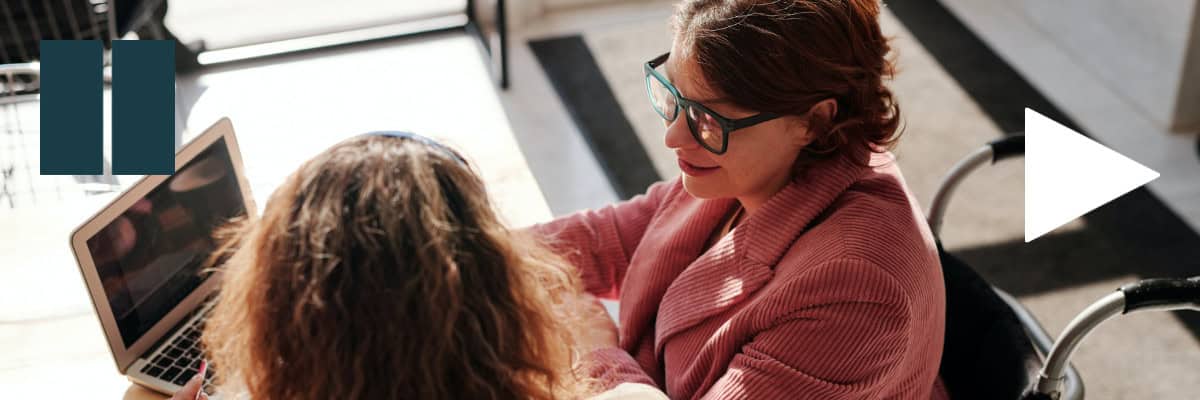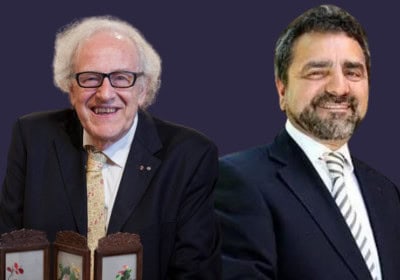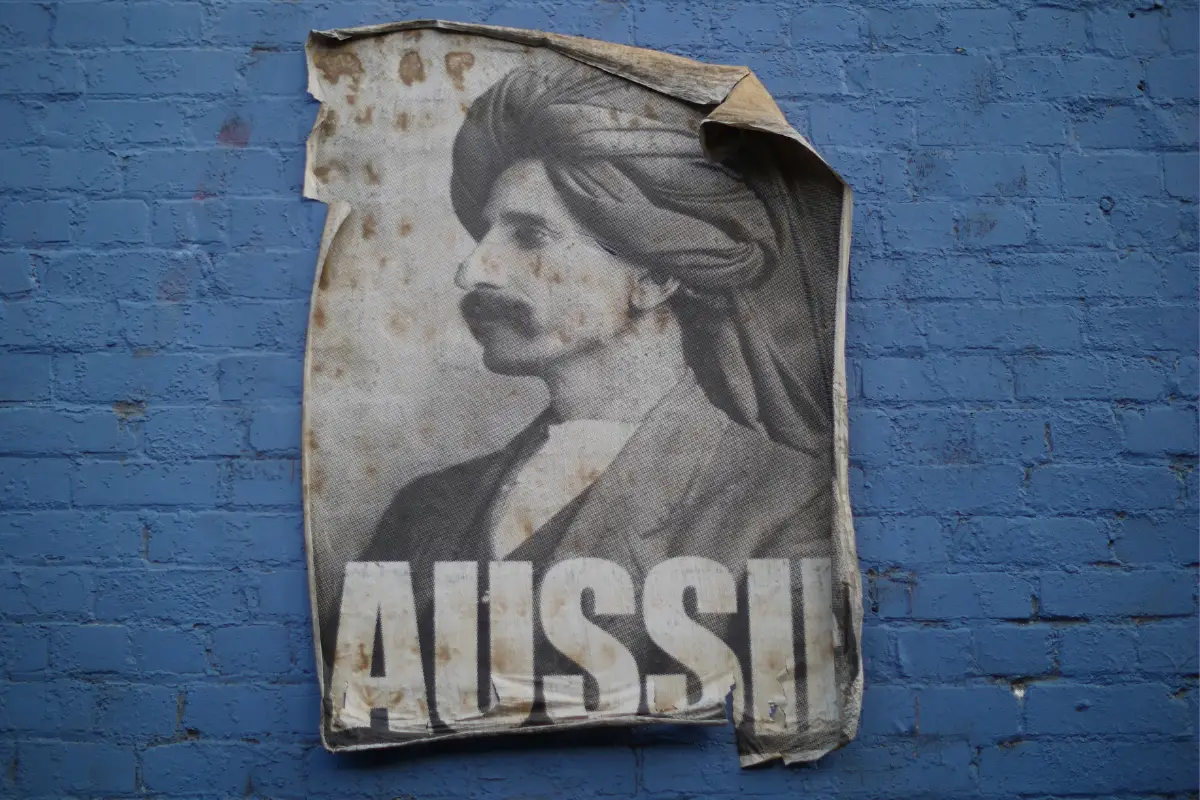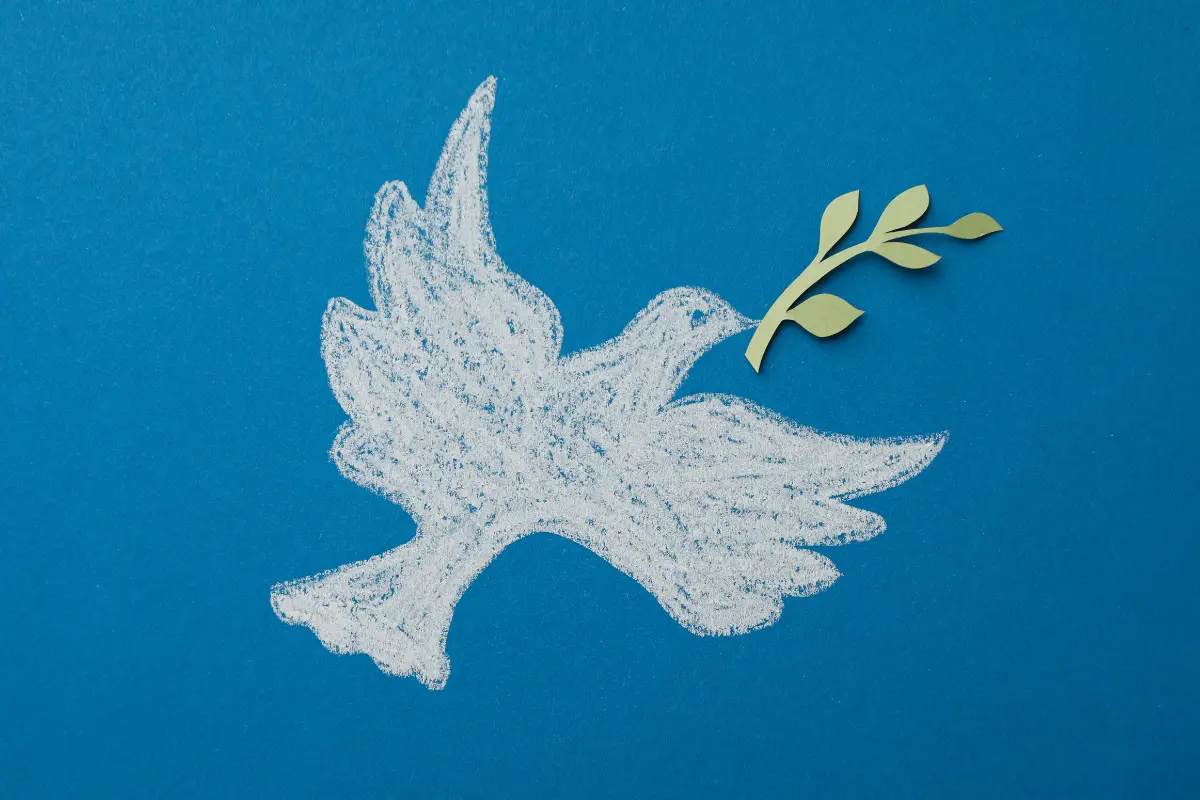
When disabled people enter a school, hospital, or workplace, whether as a service user, a job seeker, or, still too rarely, a worker, they often bring memories based on a long history of unsafe, difficult, and discriminatory encounters with professionals at all levels of the institution or industry.
Running since 2019, the Royal Commission on Violence Abuse and Neglect and Exploitation of People with Disability has provided a platform for disabled people to share their experience of these ‘sub-optimal’ encounters with professionals. These accounts are not easy for disabled Australians to share. Their stories are not easy for fellow disabled Australians and would-be allies to watch, hear, or read.
What we’ve heard
We have heard about segregation in educational systems – in special schools and integrated schools where students are not provided with the support they need to engage with equipment, spaces, or other students. We have heard from students who cannot report harassment, bullying, abuse, or violence because they are not supported to use preferred communication modes or provided with interpreters.
We have heard how disabled people are un-valued or under-valued as workers – if they are amongst the just 53.4% of disabled Australians who participate in the workforce. They can be paid as little as $2.37 per hour in Australian Disability Enterprises, put in non-public facing roles, simply fired because customers may not be comfortable with them, or just offered only volunteer work experience.
We have heard about the neglect and abuse disabled people experience engaging the justice, social service, health, and ‘caring’ professions. The years waiting for vital equipment to be bought or repaired. The life-limiting consequences of carers not attending or following care plans. The challenge of speaking back in a context where carers can have enormous physical, social, and financial control.
At a widely reported October 2022 Royal Commission hearing, artist and human rights academic Dr Debra Keenahan, speaking about the experience of disabled people in public space, summed it up by saying, “people need to not just see more disabled people, but to see us as their equal, at work, at school, in the community”.
Contributing to Australia’s social fabric
Research finds that, while leaders, managers, and recruiters today may be interested to engage, consult with and employ more disabled people, this is not translating into better outcomes for people who self-identify as disabled, and who remain underrepresented in operational, leadership, and governance roles across all sectors.
This is particularly problematic in education, social justice, social services, health, information and communication technology, and the media — all sectors with a significant impact on the experience of social, employment, and economic inclusion for disabled people.
‘Not seeing us’ creates a spectrum in terms of attitude, confidence, and competence to engage with disabled people amongst workers in these sectors – from true allies to would-be allies who would like to engage disabled people but lack the awareness, confidence, and competence to do so, to those who do not see disabled people as equal.
Building awareness, confidence, and competency requires ‘seeing more of us’ – in terms of numbers and terms of seeing who we are, what we can do, and how we can and do contribute to Australia’s social fabric.
The ACOLA report acknowledges training must address language, legislative requirements, and the sorts of architecture, infrastructure and systems required to ensure access for disabled people.
However, the report makes clear, this is not enough: a holistic approach is required.
This transformation begins with visibility – ensuring disabled people are valued, prominent leaders in organisations.
It continues with strategic, program, and operational planning – ensuring disabled people are genuinely consulted, and, indeed, leading co-design processes to ensure policy, strategy, operations, infrastructure, and systems are designed to be universally accessible.
In this context, improved training, designed, led, and delivered by disabled people, and end users with lived experience of what makes key sectors feel safe or unsafe, is the foundation for tackling the continued sub-optimal interactions and exclusion.
Where to from here?
The report recommends a longitudinal approach, connected to continuous improvement and accountability, to identify current knowledge gaps – amongst graduates, working professionals, managers, and leaders – and address experiences of system failure, which see promises of access to education, justice, social, or health services unfulfilled.
Leadership, and individual, organisational, and sectoral level commitment of leaders can ensure commitment to integrating these processes as part of a commitment to addressing issues identified by the Disability Royal Commission and fulfilling the commitment to rights guaranteed under the UN Convention on the Rights of Persons with Disabilities (CRPD).
All stakeholders have a part to play, and a commitment to make, to train a workforce that takes a rights-based approach, and feels confident about delivering disability responsiveness across all levels of an organisation and across all encounters involved in the day-to-day operations of an organisation.
In this regard, it is encouraging to see ACOLA acknowledging that it needs to act –– and issuing its own response, with its own “commitment to contributing to a society inclusive of people with disability”.
A long, deep, and, for many, traumatic legacy of sub-optimal encounters is not easily addressed. With this report as a tool, a commitment to a holistic, rights-based approach can be the first step in restoring a sense of justice now and infusing a feeling of safety into these daily encounters in the future.



